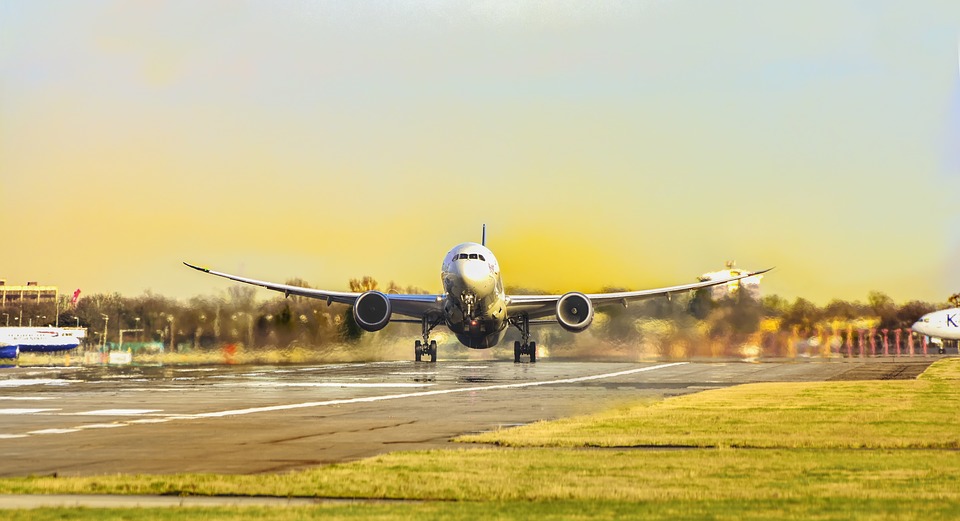The International Air Transport Association (IATA) has called on the governments of Latin America and the Caribbean to focus on infrastructure, costs and the region"™s regulatory framework in order to maximise the economic and social benefits of aviation while accommodating the region"™s expanding demand for air connectivity.
Aviation already plays an important role in the region"™s economy, employing some 5,000,000 people and supporting US$170 billion in GDP.
«We need effective infrastructure to accommodate growth; reasonable costs and taxes that don"™t kill it and a modern regulatory framework that supports it,» said Alexandre de Juniac, IATA"™s director general and ceo during a speech at the Wings of Change "“ Chile conference in Santiago.
Infrastructure
«Demand for air travel is outpacing both airport capacity growth and the upgrades to air traffic management systems. In the last decade the number of passengers carried by the region"™s airlines has more than doubled. And by 2036, we expect more than 750 million journeys will touch the region. Without concerted action today, we are headed towards a crisis,» said de Juniac.
IATA called for the region"™s governments to work with industry to develop a long-term strategy that will ensure sufficient capacity, affordable costs and service and technical expertise aligned with user needs.
The region"™s key capacity challenges are Buenos Aires, Bogota, Lima, Mexico City, Havana and Santiago. «Unless they are addressed, Latin American economies will suffer. If planes cannot land, the economic benefits that they bring will fly elsewhere,» said de Juniac. He highlighted Mexico City and Santiago as the most pressing:
"¢ Mexico City is the most critical of the bottlenecks. The current airport was designed for 32 million passengers annually but serves 47 million. «The solution is a new airport which is already under construction. But its future has been politicised in the current presidential election. The critical need for the new airport needs to be understood by all,» said de Juniac.
"¢ In Santiago much-needed airport terminal capacity is being built but transparency is lacking, service levels are suffering and user costs are increasing. This threatens to upend the long-standing partnership between government, airlines and other stakeholders that helped create one the most advanced air transport hubs in the region and a thriving tourism industry.
Costs
«Latin America and the Caribbean are expensive places to do business. Taxes, fees, and government policies create a great burden. Today governments see aviation as a revenue source. But it is more powerful as a revenue catalyst. Reducing the costs of doing business will pay big economic and social dividends,» said de Juniac…



